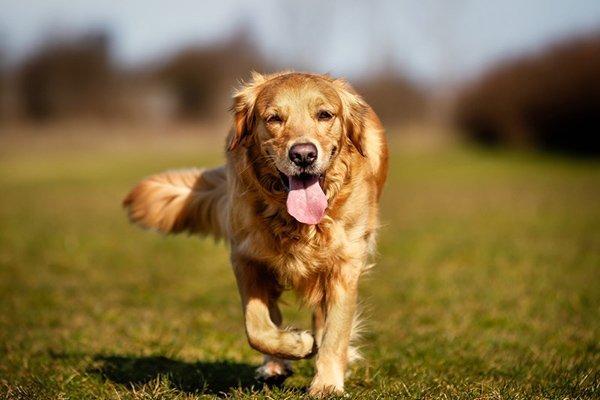Oxford Animal Hospital is standing by in case of a pet emergency. In case of an emergency with your pet, we urge you to call our office at 780-705-2131 ahead of time so our staff can be ready when you arrive. Our highly trained and compassionate staff can perform the following emergency pet services:
- Administer IV fluids
- Run diagnostic tests
- Quick results through in-house laboratory testing
- Digital radiography
- ECG, blood pressure and oxygen monitoring
- Thermal support
- Pain management

Signs of a Pet Emergency
The following symptoms can indicate a serious pet emergency. It’s important for you to recognize these symptoms as a pet owner, so you can take immediate action and transport your pet to Oxford Animal Hospital for pet emergency care:
- Unusual temperature change – a body temperature below 98 degrees F or a fever above 105 degrees F is a potential emergency
- Seizures – can result from head injury or epilepsy
- Pale gums
- Weak or rapid pulse
- Broken bones
- Vomiting blood or bloody diarrhea
- Loss of consciousness
- Excessive bleeding from a road accident, animal attack or other incident
- Heatstroke – heavy panting, rapid pulse, vomiting and lethargy are signs of a serious heat stroke emergency
- Dehydration – usually indicated by severe diarrhea
GDV (Gastric Dilatation-Volvulus or severe stomach bloat) is another serious medical emergency in dogs, indicated by a hunched appearance and several unsuccessful attempts to vomit. This happens when the stomach swells and cuts off abdominal veins. A dog can die in less than an hour from GDV, due to organ damage. Thus, it is important to bring them to a veterinarian right away to receive the proper pet emergency care.
How to Stabilize Your Pet in an Emergency
If your pet needs to be stabilized before or during transport to Oxford Animal Hospital, you can perform basic first aid to help him:
- For bleeding, apply pressure and elevate the wound
- For choking, try to remove the obstruction with your fingers. If that fails, a sharp rap to the chest can dislodge the object.
- For CPR, place the pet on his side, hold the mouth closed and blow through the nostrils once every three seconds. Use three quick chest compressions for every breath if your pet’s heart has stopped beating.
Call Oxford Animal Hospital at 780-705-2131 immediately in the event of a pet emergency – our team is ready to help you and your pet..
